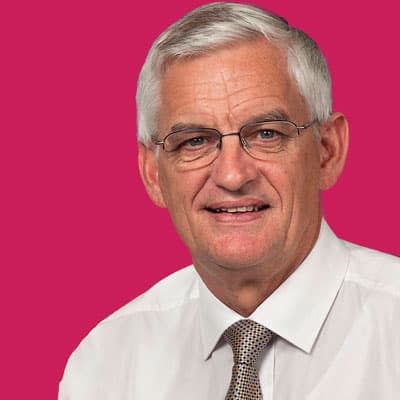Professor Graeme Aitken is one of the people behind the teaching as inquiry model in the New Zealand Curriculum. In an interview with The Education Hub, he shared some advice for teachers engaging in teaching as inquiry.
You need to be curious
The inquiry process should start with your curiosity. Curiosity about your learners and what is happening for them. Curiosity about yourself and finding out what could make you a more effective teacher. You also need to be open minded to possibilities that are different to what you previously thought, and flexible and adaptable enough to try new ideas and approaches. And perhaps above all else, you need to be optimistic.
Focus on something that matters to you
Start with your curiosity. Ask yourself “what’s happening in my class that I am curious about, or concerned about or challenged about? What doesn’t seem to be working? What is it about what I am doing and about what the students are experiencing that might be influencing what’s happening?” Inquiry is an iterative, on going process and it will be more meaningful and impactful if you choose to focus on something that matters to you.
Don’t forget about the ‘what’
What to teach is the most important and the most misunderstood part of the teaching as inquiry model. Teachers often jump to the how. That is, the pedagogy they are using. But it is important to consider what you need to teach each the individual students. Shift your focus away from “what am I going to teach tomorrow” to “what do each of my students need to know tomorrow and looking forward into the future? Are there other ways into the content? Can I connect what I am teaching with the learners’ backgrounds and interests?”
You can measure anything
It’s possible to measure just about anything in education. There’s never one perfect measure but there are reasonably good proxies you can use. Often asking students, using a simple questionnaire will provide hugely valuable data and insight. Make sure that you collect a baseline measurement, which you can re-measure after making some changes in your practice, so that you are able to track your progress and understand your impact.
Collaborate with others in your inquiry
It is important to not see inquiry as an isolated activity. Consider how your colleagues could embark on the journey with you. Engage and talk with your colleagues about common concerns or challenges. Learn from and with each other. One of the most powerful things to emerge from working with others is being able to identify where particular strategies or approaches are working. Find these examples of success and see what you can learn from them. The more collaborative you are the more chance you have of making the difference you want to make.
Connect with ideas outside of yourself
While inquiry requires you to critically reflect on your own practice and to utilise your own expertise to recognise what might be happening for your learners, it is important also to engage with a range of different ideas and perspectives. Talk with your colleagues, read widely and deeply, seek out new learning opportunities, and then experiment with and test these ideas.
Impact can take time
You won’t always make an immediate impact or difference. Impact often takes time. You have got to use your professional judgment to decide when it’s time to iterate, to reshape or to redefine your approach.
Inquiry is not a form of assessment
Inquiry should not be seen as a form of assessment, as a project or as something to be handed in at the end of the year. If you are going to connect appraisal to teaching as inquiry, the focus should be on the process of inquiry. Are teachers working to improve their practice? Are teachers thoughtful about the process of inquiring into their practice? Are teachers working collegially to improve learning for students?

